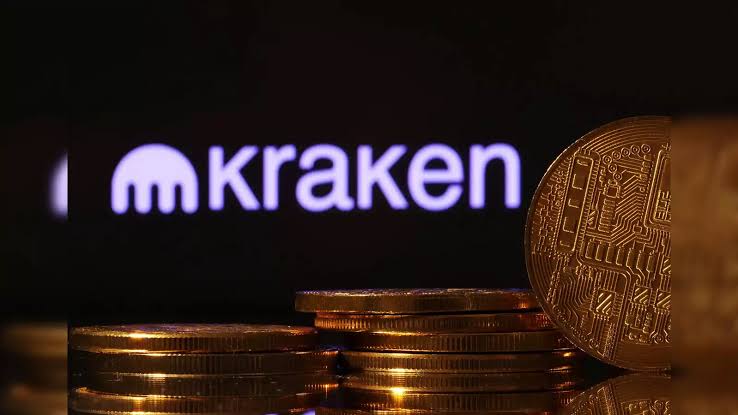
In a significant regulatory move, the Federal Court of Australia has issued an $8 million fine against Bit Trade, the operator of the cryptocurrency exchange Kraken in the region. The fine comes in response to Bit Trade offering an unauthorized margin lending product to Australian users, violating key financial compliance standards.
The Allegations and Violations
The Australian Securities and Investments Commission (ASIC) brought the case against Bit Trade, alleging that the company failed to meet regulatory requirements when offering its margin trading product. Specifically, the firm did not prepare a Target Market Determination (TMD)—a document that ensures financial products are suitable for the intended audience.
The product in question allowed users to borrow funds for leveraged investments using digital assets like Bitcoin or national currencies as collateral. ASIC revealed that over 1,100 Australian clients accessed the product between October 2021 and August 2023, generating more than $12 million in fees and interest. The offering remained available until August 2024, meaning the total number of affected customers could be even higher.
Court Ruling and Penalty
Justice John Nicholas, who presided over the case, highlighted the gravity of the breach, attributing it to a deliberate focus on revenue rather than compliance. He described Bit Trade’s internal systems as “seriously deficient” and criticized the company for failing to address regulatory concerns until ASIC intervened.
The court heard that investors collectively lost nearly $7.85 million through the margin product, with one individual reportedly losing $6.3 million. In addition to the financial penalty, Bit Trade has been ordered to cover ASIC’s legal expenses.
Regulatory Implications
ASIC Chair Joe Longo emphasized the broader importance of the ruling, calling it a reminder to cryptocurrency firms of their obligations under existing laws. “This outcome reinforces the critical role of TMDs in protecting consumers from inappropriate financial products,” Longo stated. He urged digital asset providers to ensure their offerings are both compliant and responsibly designed to safeguard investors.
The case also sheds light on the growing scrutiny of crypto-related financial products. ASIC has underscored that many virtual asset offerings already fall under existing regulations, even as the sector continues to call for clearer, tailored legislation.
Kraken’s Response and Industry Concerns
Kraken expressed disappointment with the court’s decision, reiterating its view that the current regulatory framework for cryptocurrencies is outdated and inefficient. A Kraken spokesperson called for legislative reforms that address the unique nature of the digital asset market and provide clarity for businesses operating in the space.
The company had previously criticized ASIC’s regulatory approach following the September ruling, arguing that the lack of tailored crypto laws has created significant uncertainty for the sector.
Future of Crypto Regulation in Australia
The ruling has sparked broader conversations about the future of crypto regulation in Australia. ASIC recently initiated consultations with industry stakeholders to update its guidance for digital assets, aiming to clarify when such products fall within existing financial regulations.
However, opposition figures like Luke Howarth, spokesperson for treasury and financial services, criticized the government’s slow progress on comprehensive crypto legislation. Howarth accused regulators of placing the sector in “regulatory limbo,” warning that enforcement actions like these could stifle innovation and growth in Australia’s crypto market.
Conclusion
The $8 million fine against Kraken’s operator marks a significant moment for crypto regulation in Australia. While ASIC celebrates the ruling as a win for investor protection, industry leaders continue to call for tailored legislation that reflects the complexities of the evolving digital asset landscape. As consultations move forward, the decision serves as a clear warning to crypto firms about the importance of regulatory compliance.






